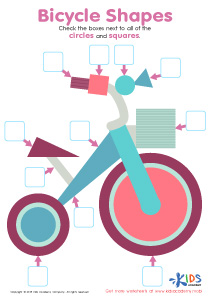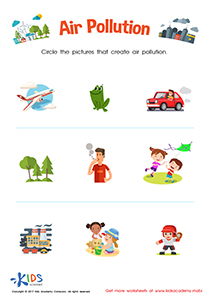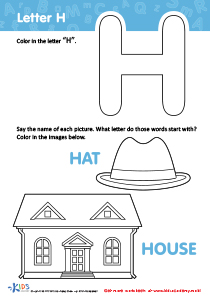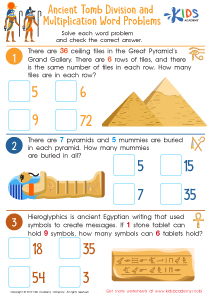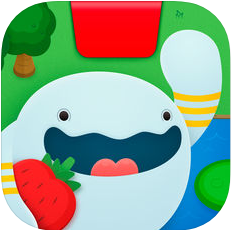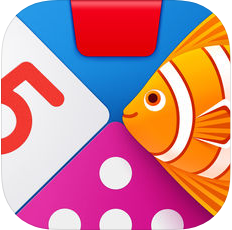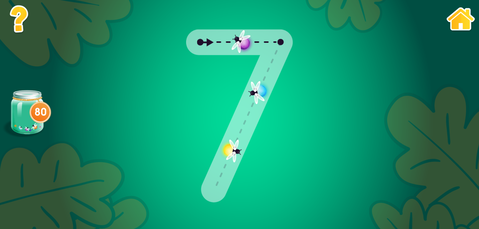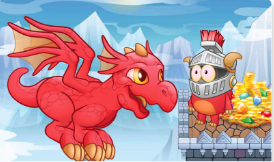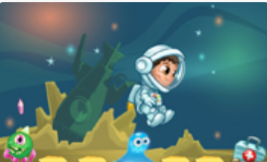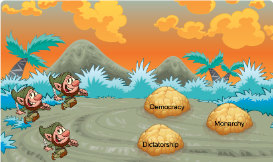Math Lessons | Measuring, Estimating & Time for 6-Year-Olds
8 results
Dive into our engaging lessons on Measuring, Estimating & Time designed specifically for 6-Year-Olds! This fun-filled educational journey includes interactive worksheets, captivating educational videos, and assessment quizzes tailored to captivate young minds. Through hands-on activities and visually appealing content, children will explore the fundamentals of measuring lengths and volumes, the basics of estimating, and the concept of time in a manner that's both enjoyable and educational. Perfect for developing critical thinking and practical math skills, our lessons are crafted to inspire curiosity and confidence in young learners. Join us in making learning an adventure with Measuring, Estimating & Time for 6-Year-Olds!
Unlocking the World of Measuring, Estimating & Time for 6-Year-Olds
In the whirlwind world of early education, where foundational skills are pivotal, the concepts of Measuring, Estimating, and Time stand out for their universal application and fundamental importance. For 6-year-olds, embarking on this learning journey can be both thrilling and challenging. However, with the right resources, such as interactive worksheets, educational videos, and assessment quizzes, these concepts become not only accessible but also enjoyable. Here’s how lessons on Measuring, Estimating & Time can markedly benefit children in their studies and beyond.
Building Blocks of Math and Science
At the heart of Measuring, Estimating & Time for 6-Year-Olds is the aim to build a solid foundation in math and science. Understanding these concepts early on sets the stage for future academic success. Children learn to measure objects, estimate lengths and quantities, and grasp the flow of time, skills that are critical in math, science, and daily life. This early exposure demystifies complex ideas, making them more approachable as the child progresses in their academic journey.
Interactive Worksheets: Enhancing Engagement and Understanding
Interactive worksheets are a cornerstone of these lessons. They are designed to make learning tactile and engaging, allowing children to visualize and manipulate concepts actively. For instance, through hands-on activities, children can measure items, compare lengths, and even create simple estimations. This direct interaction reinforces learning, ensuring concepts are not just memorized but understood and applied.
Educational Videos: Bringing Concepts to Life
Another invaluable tool in the arsenal is educational videos. These videos bring concepts to life, showcasing real-world applications of Measuring, Estimating & Time. Through storytelling and vivid animations, children can see how these ideas play out in everyday scenarios, from cooking in the kitchen to planning a day out. This contextual learning helps children make connections between abstract concepts and their practical uses, fostering a deeper appreciation and curiosity.
Assessment Quizzes: Tracking Progress and Building Confidence
To complement the learning experience, assessment quizzes offer a snapshot of a child's understanding and progress. These quizzes are not just tests but learning tools themselves, providing immediate feedback and encouragement. As children recognize their strengths and identify areas for improvement, they develop a growth mindset. The sense of achievement when mastering a concept is invaluable in building confidence and motivation.
Preparation for Future Learning
Beyond the obvious academic benefits, mastering Measuring, Estimating & Time prepares children for more complex subjects in their educational journey. Whether it’s tackling advanced math problems, conducting experiments in science, or managing their time effectively, the skills honed at this stage are indispensable.
Conclusion
In essence, lessons on Measuring, Estimating & Time for 6-Year-Olds are more than just a curriculum requirement; they are a gateway to understanding the world. Through interactive worksheets, educational videos, and assessment quizzes, children not only learn fundamental concepts but also develop critical thinking, problem-solving skills, and a love for learning. As they explore, question, and discover, they are laying the groundwork for lifelong success in their studies and beyond.
